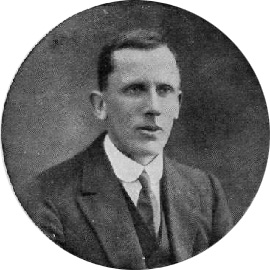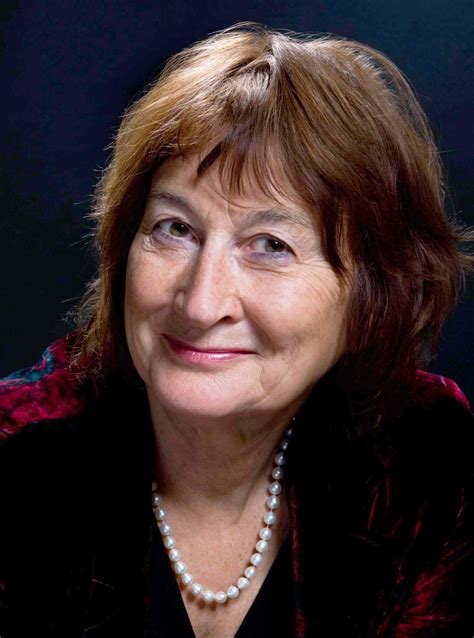A Quote by Ernest Gowers
That it is a solecism to begin a sentence with 'and' is a faintly lingering superstition. The OED gives examples ranging from the 10th to the 19th c.; the Bible is full of them.
Related Quotes
Winterson has her own unmistakeable voice, tuned to express her obsessional preoccupation with sexual passion raised to the power of revealed religion. (...) The whole book is a kind of chant. It is a playful addition to the Winterson oeuvre. Yet it is not a slight work so much as, homonymically, a work of sleight- - a word for which the Shorter OED gives six definitions, ranging from trickery to wisdom, all of which apply to The.PowerBook.
We got through all of Genesis and part of Exodus before I left. One of the main things I learned from this exercise was not to begin a sentence with "And." When I pointed out that most sentences in the Bible began with "And," I was told that English had changed since the time of King James. In that case, I argued, why make us read the Bible? But it was in vain. Robert Graves at that time was very keen on the symbolism and mysticism in the Bible.
A sentence is like a tune. A memorable sentence gives its emotion a melodic shape. You want to hear it again, say it—in a way, to hum it to yourself. You desire, if only in the sound studio of your imagination, to repeat the physical experience of that sentence. That craving, emotional and intellectual but beginning in the body with a certain gesture of sound, is near the heart of poetry.
Every sentence has a truth waiting at the end of it and the writer learns how to know it when he finally gets there. On one level this truth is the swing of the sentence, the beat and poise, but down deeper it's the integrity of the writer as he matches with the language. I've always seen myself in sentences. I begin to recognize myself, word by word, as I work through a sentence. The language of my books has shaped me as a man. There's a moral force in a sentence when it comes out right. It speaks the writer's will to live.
I like to drive hard, and obviously when you get to this level, especially running for points - you've got to make sure when you have a car that can run 10th, that you run 10th with it. You can't sit here and try to make it go from 10th to a win and end up 30th. That's just something I had to figure out.
My prose style at this time was a stomach-twisting blend of the Bible, Carl Sandburg, H.L. Mencken, Jeffrey Farnol, Christopher Morley, Samuel Pepys, and Franklin Pierce Adams imitating Samuel Pepys. I was quite apt to throw in a "bless the mark" at any spot, and to begin a sentence with "Lord" comma.
The Christians and the Jews do not believe that the Bible is the verbatim words of God. In fact it is clear that the books of the Bible are written by men - allegedly inspired men - but humans nonetheless. God in the Bible is spoken of in third person. This gives the believer a degree of caution. If the writers of the Bible were humans and humans are fallible, the Bible should not be taken literally. It is possible to interpret it, use one's logic to understand it in the light of science and adapt its teachings to meet the needs of the time.
If one wishes to form a true estimate of the full grandeur of religion, one must keep in mind what it undertakes to do for men. It gives them information about the source and origin of the universe, it assures them of protection and final happiness, and it guides - by - precepts - backed by the full force of its authority.
Writing is linear and sequential; Sentence B must follow Sentence A, and Sentence C must follow Sentence B, and eventually you get to Sentence Z. The hard part of writing isn't the writing; it's the thinking. You can solve most of your writing problems if you stop after every sentence and ask: What does the reader need to know next?



































